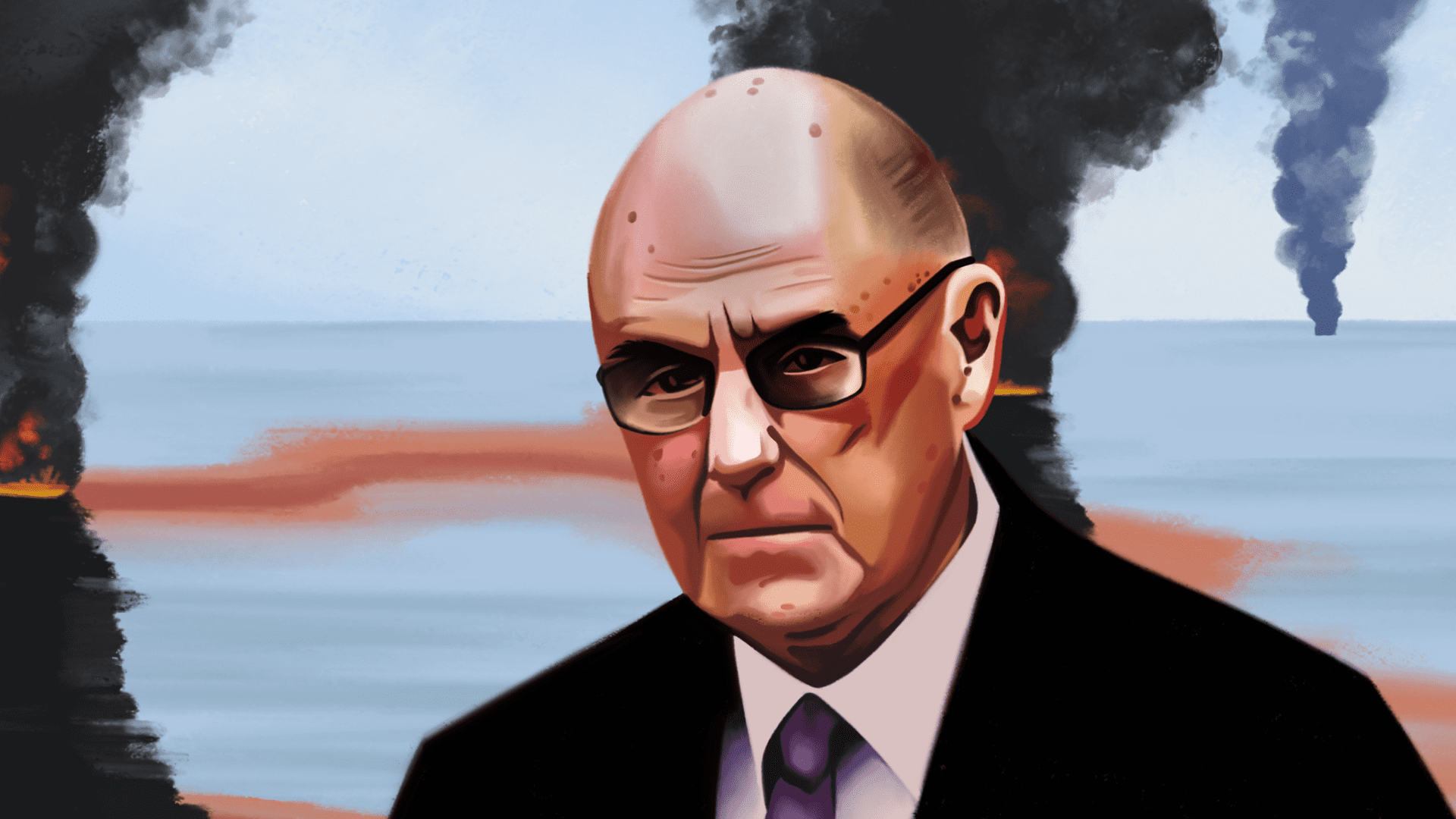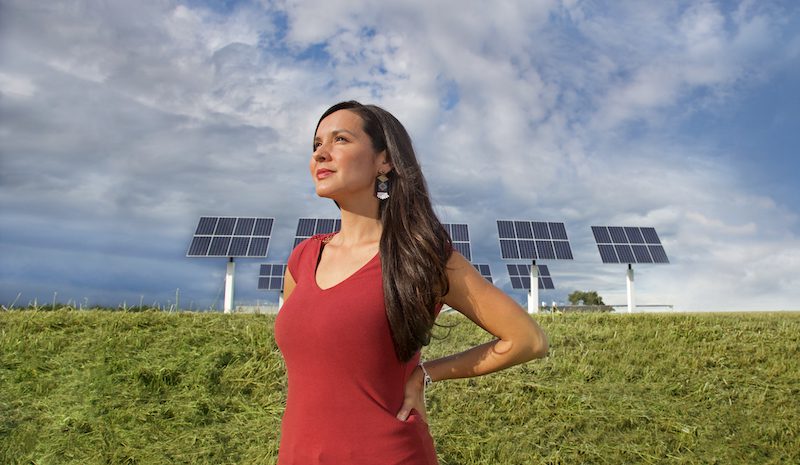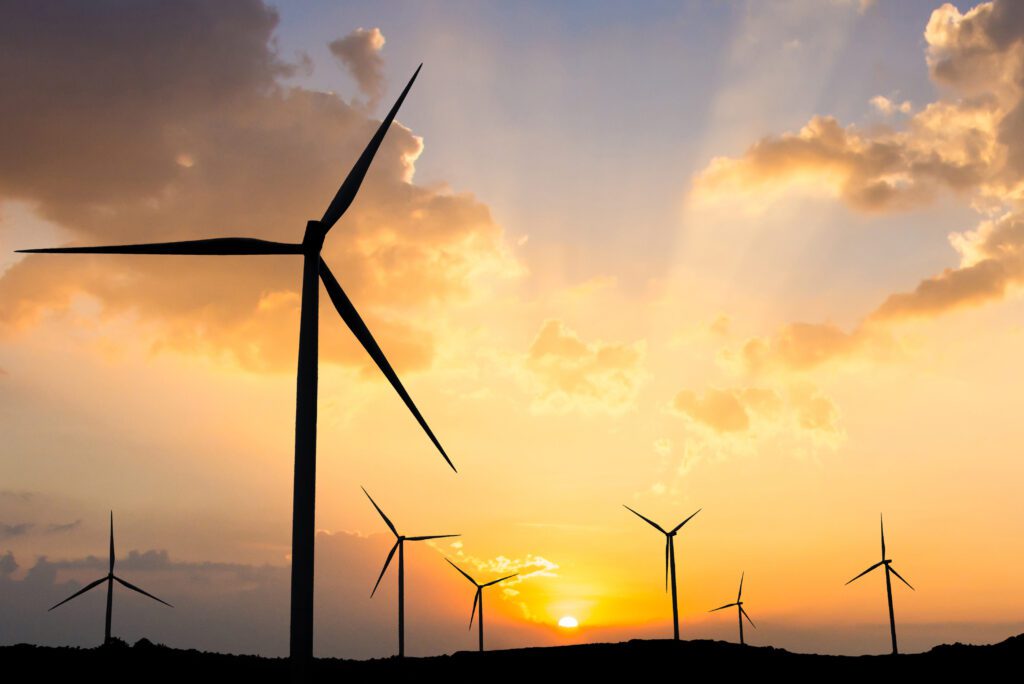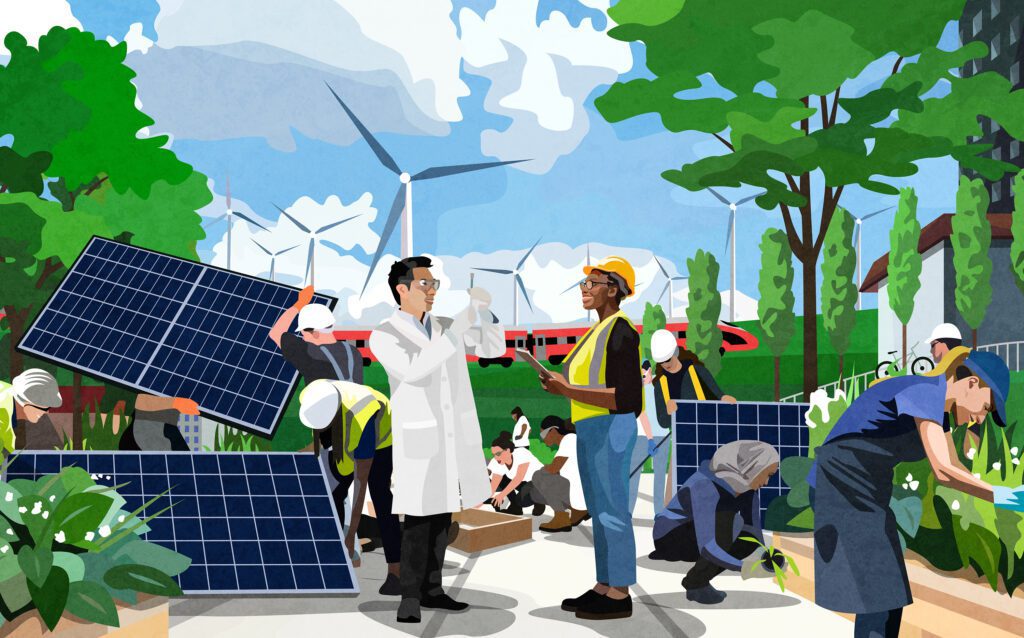Supervillains in movies are core to the plot and love to be the centre of attention. In real life, Canada’s biggest climate villains like to stay out of the public’s eye to avoid scrutiny. But transparency helps us hold power accountable. That’s why we’re revealing the people behind Canada’s oil and gas industry, who are fueling the climate crisis with their dedication to fossil fuels.
Irving: The East Coast Emperor
This month we’re highlighting Arthur Irving and how his wealthy family empire not only profits off of oil and gas, but also controls much of the land, economy and media in New Brunswick. As a fossil fuel nepo baby, Arthur Irving has probably never had to prepare a resume or apply for a job, so we decided to help out and compile a CV that shows what makes him a climate villain.
As always, the resume format may be satirical, but the information is real.
Want to challenge the power that Irving and his family have? You can tell the government to stand up to Big Oil by clicking here to send a letter to the federal government.

- Irving Oil Ltd.: 1951 – present
(the only place he has ever worked)
Villain Career Profile
Arthur Irving has played an essential and long-standing role in Canada’s oil and gas sector, and remains a prominent force in its continued dominance. Despite an early dropout from Acadia University, Irving was given and excelled at a job in the oil division of his family’s multi-billion dollar company. In addition to oil, the Irving Company included forestry, real estate, consumer goods, ship-building assets and media holdings. Arthur’s father K.C. Irving moved the businesses into a trust in Bermuda to avoid paying Canadian taxes in the 1970s, and when K.C. died the dynasty was divided between his three sons. Arthur has been the president of Irving Oil Ltd. since 1972 and sole owner since his father’s death.
Arthur Irving is highly successful at exploiting New Brunswick’s land and people to make himself richer. His net worth is now an estimated $7.8 billion dollars, making him one of the wealthiest people in Canada. While the Maritimes experiences some of the highest rates of energy poverty in Canada, with nearly 63% of New Brunswickers and near 50% of Nova Scotians struggling to afford to heat and cool their homes and power their lights and appliances, Arthur Irving has remained steadfast in his commitment to gouge people at the pump and squeeze every ounce of profit for himself.
Arthur Irving is the proud owner of oil refineries, oil tankers, distribution terminals and facilities, and gas stations – by owning so much of the supply chain he can exert more control over the price and market. Because other members of the Irving family also own companies in forestry, pulp and paper, food, construction, retail, transportation, real estate, shipbuilding and more, it’s not an exaggeration to say they own *a lot* of New Brunswick and wield significant economic power across the Atlantic region. Though the family’s private company holdings are difficult to track, it’s estimated that the Irving family owns roughly 2 million acres in the Maritimes. They’ve also been cited as the largest private landowner in Maine, and in the top six largest landowners in all of the US.
The Irving family is notoriously secretive, but they don’t let that stop them from exerting unparalleled political influence. There are numerous stories of the Irving’s using their status (and veiled threats to relocate businesses out of New Brunswick) to get preferential tax treatment and block government policies it doesn’t like. Just last month Irving struck a deal with Premier Higgs to pass on the costs to consumers for refinery upgrades to produce cleaner fuels – before any costs have been incurred! That means people in New Brunswick are paying seven cents more for fuel because of Irving Oil’s greed. What people outside of Atlantic Canada might not realize is that before going into politics, Premier Blaine Higgs worked for Irving Oil for 33 years.
If you think more people should hear about how Irving Oil is gouging New Brunswickers at the pump, share our radio ad/reel:
View this post on Instagram
Top skills


Career Highlights




- Produces 320,000 barrels a day – that equals the pollution of driving 30,620 gasoline-powered passenger vehicles each year.
- Recently (and consistently) contributed to New Brunswick exceeding national and provincial air quality monitoring standards, with unsafe levels of hydrogen sulphide and sulphur dioxide located directly around the refinery. Not-so-coincidentally, Saint John has reported significantly higher lung cancer rates than the provincial and national averages.
- Responsible for additional incidents such as excess discharges of fine particulate matter, a “black, grainy mystery product” pumped into the air in 2018, and four explosions in the last 25 years.




- Avoided corporate taxes for decades by registering Irving Oil and other private Irving companies in the tax haven of Bermuda, including a “captured” insurance company that allowed the Irvings to move millions of dollars in profits out of Canada without being taxed, and storing billions of dollars there in an offshore ‘Trust’ account his dad set up.
- Funding the Arthur L. Irving Institute for Energy and Society in 2016 at Dartmouth College.




- Used regional influence to pass on the cost of oil refinery upgrades required by new Clean Fuel Regulations to New Brunswickers.
- Leveraged a deal to get a 90 per cent tax concession from New Brunswick and the city of Saint John in 2005 when building Canaport, the first Liquified Natural Gas (LNG) terminal on the east coast.
We can fight climate villains with good journalism
One of the tools we have to fight climate villains is through a free media that can provide accurate information and credible analysis to hold power accountable. The Irving family, through their media business ventures, have managed to lessen public criticism over the years by owning a near monopoly of newspapers in New Brunswick, until selling to Postmedia in 2022. Not only do we have to contend with media outlets that are closely linked to fossil fuel interests, like how Arthur Irving’s brother J.K. owned all of New Brunswick’s English language daily newspapers and used them to promote their industries, but now news just got less accessible.
As the variety of available media continues to shrink and social media sources, like Meta and Google, remove news content from their feeds, we face a challenge in ensuring people have access to information about climate change.
Access to information and analysis on the climate crisis is critical for empowering people to take action, which is why we publish regular blogs that you can follow here. Climate journalists that write high-quality, timely, and accurate stories are climate heroes.
That’s why this month our ‘ask’ is a little different – the climate action we want to encourage you to take this month is to support good climate journalism. Sign up for a climate newsletter from your favourite news source, and send us your recommendations here – we’ll compile them in a list and share.
The Climate Villains campaign highlights the leaders of the fossil fuel industry that play key roles in expanding and financing climate-wrecking fossil fuels, blocking climate action, and spreading disinformation. These villains are more concerned about their profits and wealth than the future of the planet, and that’s why we’re profiling the ‘resume’ of each climate villain.
We know that government intervention is critical for tackling the climate crisis with decisive urgency and at the scale necessary, so our approach is to put pressure on governments to pass more ambitious climate policies.
While we aim to advance policy that works in the public interest, oil and gas executives, and their powerful allies, are using their political power to block climate action in order to personally profit from more oil and gas production. This is nothing new: these companies have been actively blocking climate policy for decades. Their earlier tactics involved straight-up climate denial, and now they have pivoted to delaying, greenwashing and pushing dangerous distractions. And many people, including those in the government, are falling for it.
That’s why each month we’ll highlight one of the villains, so you can learn more about the tactics they use to delay climate action and what you can do to fight back for real climate solutions.







